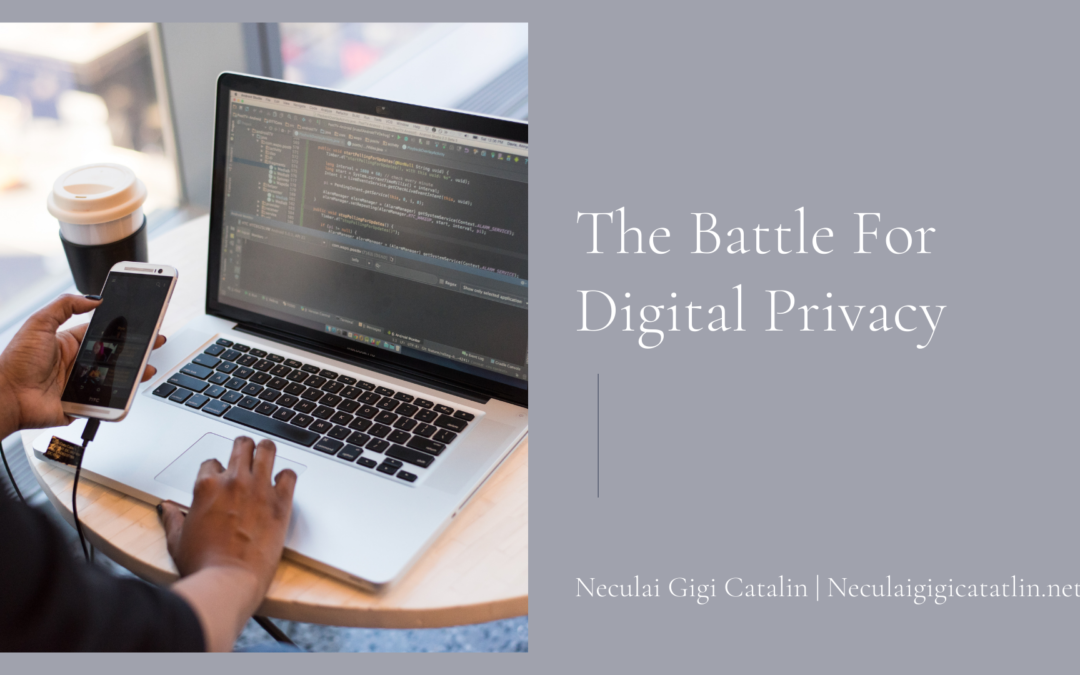In this article, we will take a look at the current state of digital privacy and what you can do to protect your data in the future.
Digital privacy is a hot topic these days, with many companies selling your data to advertisers. There are also new laws that have been enacted that allow for more government surveillance of citizens. In addition, there is an increased risk from hackers who want access to your personal information stored online or on your phone. What can you do to help yourself?
First, it is essential to know what you are signing up for. Many people use free email and social media accounts that give third parties access to your data. The more you use these free services, the more valuable your information becomes to advertisers and other companies who want access to personal data.
Second, we will talk about what can be done on a technical level by both regular users and tech-savvy people alike:
– It is crucial that you use VPNs for all of your internet traffic (not just on your phone)
– Use two-factor authentication wherever possible (and use long passwords).
– Consider leaving some personal data off of the internet. It is better to not have information available than it is for someone to get access and compromise you in some way.
– If something like Facebook or Google has too much information about you, consider deleting those accounts. Use a web search engine like DuckDuckGo as an alternative to Google.
– Update your security software and download updates for all of your devices, including phones and tablets.
– If you have sensitive data that you want to store securely online, then use Tresorit or SpiderOak instead of Dropbox.
– Finally, do not click on links sent to you by someone that you do not know.
They might be trying to install malware on your computer. Hackers can also use social engineering techniques to trick you into giving them access to your account, which leads us right back to the beginning of this article: know what you are signing up for and do not give away sensitive information.
